Swiss companies ride foreign wind
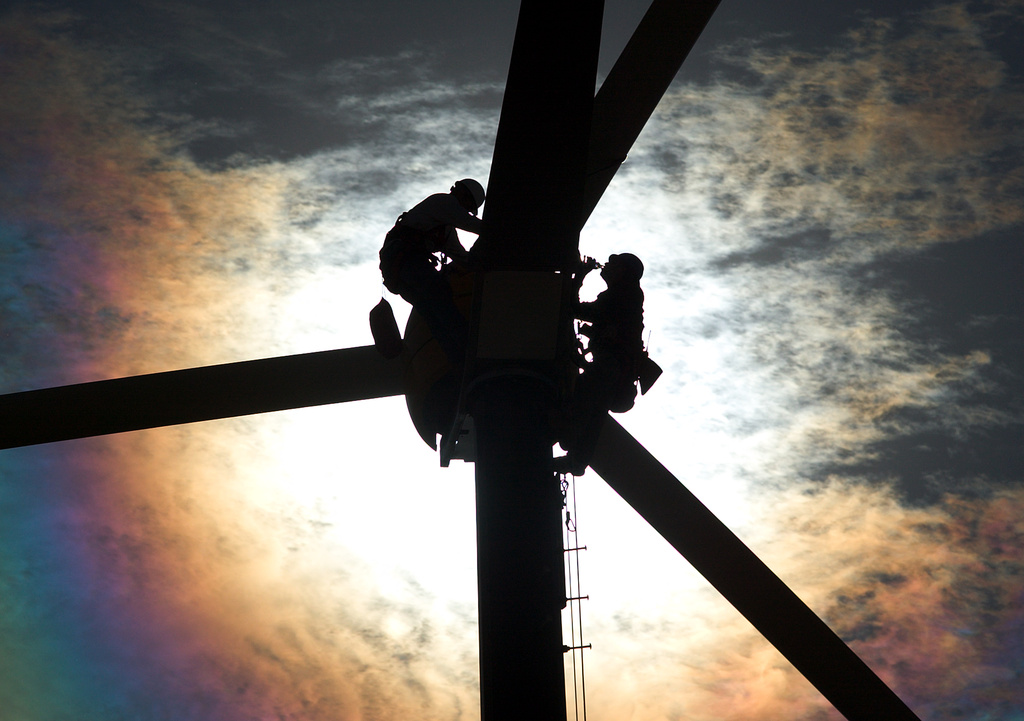
Swiss power companies put off by complicated investment procedures and low profitability at home are stepping up acquisitions in other parts of Europe.
At the end of May, the Swiss electricity companies, EOS Holding and BKW, announced the purchase of 88 wind turbines in Germany and two wind farms in Italy.
“Thirty years ago investments were made in nuclear power plants, primarily in France,” explained Nicolas Geinoz of the Association of Swiss Electricity Producers (VSE). “Over the past few years investment was dominated by gas and coal while most recently it has been wind parks.”
Geinoz says the latest trend has been observed across Europe. “One just has to look at large German firms, for example: after having invested a lot at home they have begun to extend their activities to Britain and Holland.”
Most electricity produced by Swiss companies abroad is non-renewable. According to the latest statistics (August 2010), coal, gas and nuclear power plants were responsible for 95 per cent of the 41,350 Gigawatts produced annually.
Nevertheless, Europe’s wind and solar market is an attractive option for Swiss producers. “One hundred per cent of our investments abroad concern renewable energy,” said Alex Fries, director general of EOS Holding.
Red tape
And of the 80 electricity facilities powered by renewable energy and put online last year by BKW, 80 per cent were outside Switzerland. The reason, BKW asserts, is growing opposition to renewable energy at home, as well as red tape.
“We would like to invest mainly in Switzerland. But it’s not easy,” said Antonio Sommavilla, BKW spokesman. Because of the difficulties at home, the Bern-based company has decided to lower its goals for the production of electricity from wind parks.
Geinoz explained that there was not only great opposition to wind parks in Switzerland but also limited available space to build them. To construct a wind park, five years is required on average, from the time negotiations begin with the landowner until the facility goes online. “In Bulgaria, two years are enough.”
With the finger often pointed at them, environmental organisations routinely deny accusations that they use Switzerland’s appeals system to block renewable energy projects. Greenpeace insists economic considerations are the real reason behind the lack of investment.
Solar
“Solar energy has great potential in Switzerland. But companies are not interested in it because it would involve investing in numerous small facilities which would lower profit margins,” said Florian Kasser, Greenpeace Switzerland spokesman.
“They would prefer to have big power plants producing large amounts of electricity.”
Stefan Batzli of the Agency for Renewable Energy and Efficiency is convinced that companies will invest more in Switzerland once the “rules become clearer”.
“Politicians should make more resources available for the promotion of renewable energy. Then the procedure to obtain authorisation will be simplified. We’ll need to wait two to three years before the domestic market becomes attractive.”
The interest of companies for foreign markets is not only disadvantageous for Switzerland, Batzli concluded. “Businesses are counting on the fact that the expansion of electricity infrastructure on the continent will mean that they can import more power in a few years’ time.”
Having set a deadline to take all of its nuclear power plants offline, Switzerland must find other solutions to cover its energy requirements. Both at home and abroad.
The canton Graubünden company, Repower, and the associated firm, SEI, are planning to build a coal-fired plant in Saline Joniche in southern Italy.
The project is opposed by politicians, the local population and small companies involved in tourism. They say that Repower is not telling the truth about the amount of harmful substances the plant will release into the air.
The Graubünden company argues that it will build the plant according to the law and has provided the correct figures on emissions.
Italy’s central government has the final word on power plant projects larger than 1,000 megawatts, which is the case with the one in Saline Joniche.
After assessing the impact, the environment ministry gave its consent. WWF Italy may still try to block the project.
Swiss electricity companies produce 41,350 GWh a year at their plants abroad.
Non-renewable energy accounts for 22,450 GWh, nuclear power makes up for 17,520 GWh while renewable energy sources provide 1,390 GWh. (statistics from August 2010)
66,300 GWh of electricity were produced at domestic plants in 2010.
The large majority of this came from hydroeelectric facilities (37,500 GWh) and nuclear plants (25,200 GWh)
(source: Federal Energy Office).
(Translated from Italian by Dale Bechtel)

In compliance with the JTI standards
More: SWI swissinfo.ch certified by the Journalism Trust Initiative
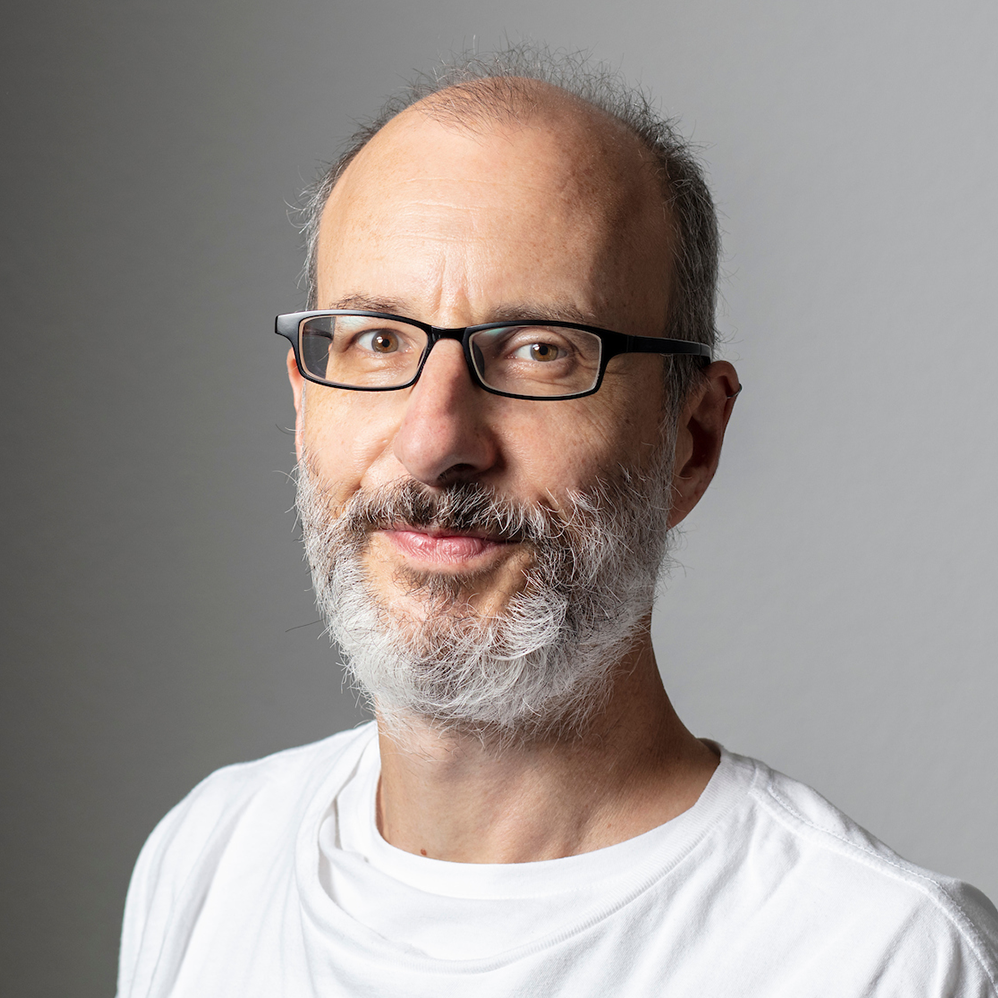
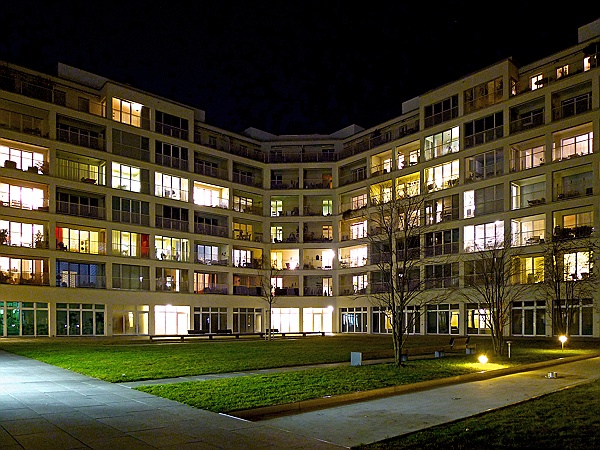
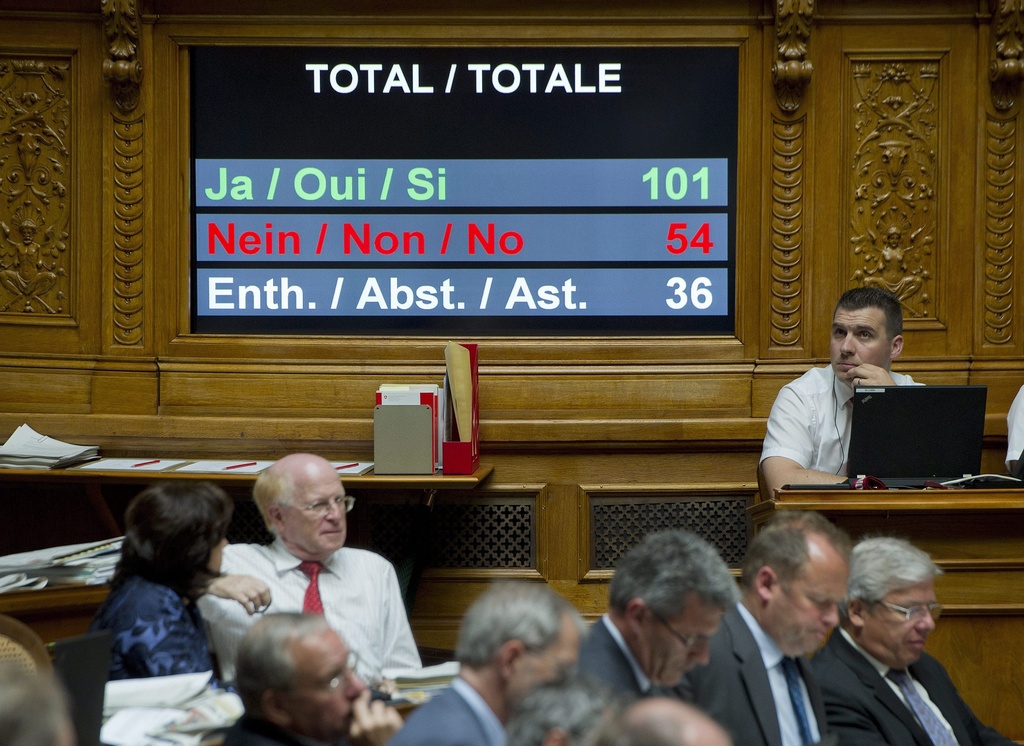
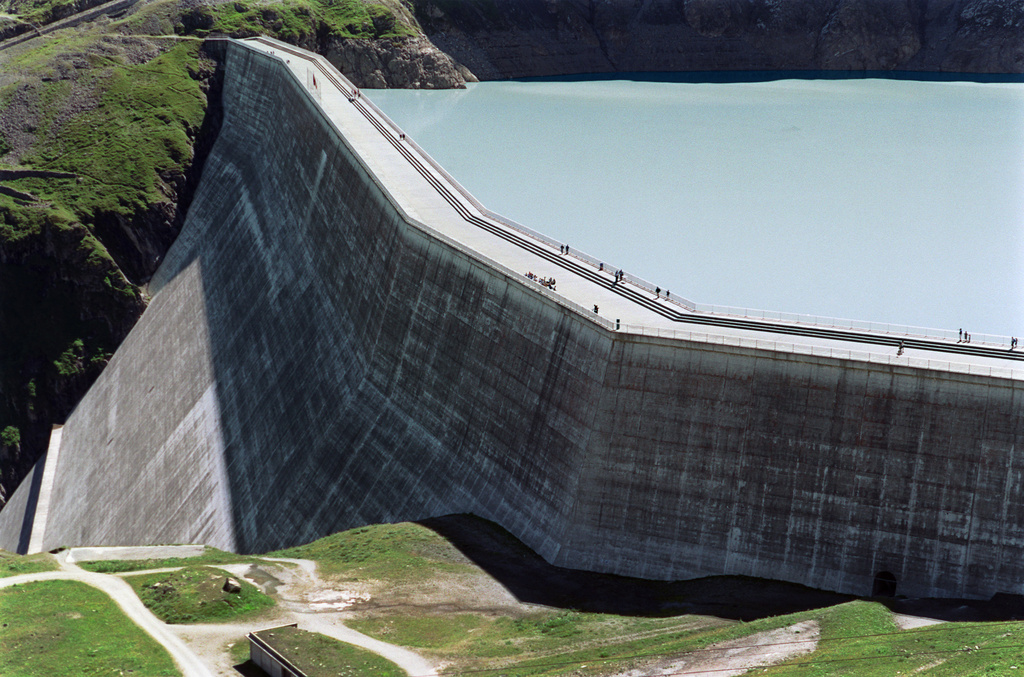
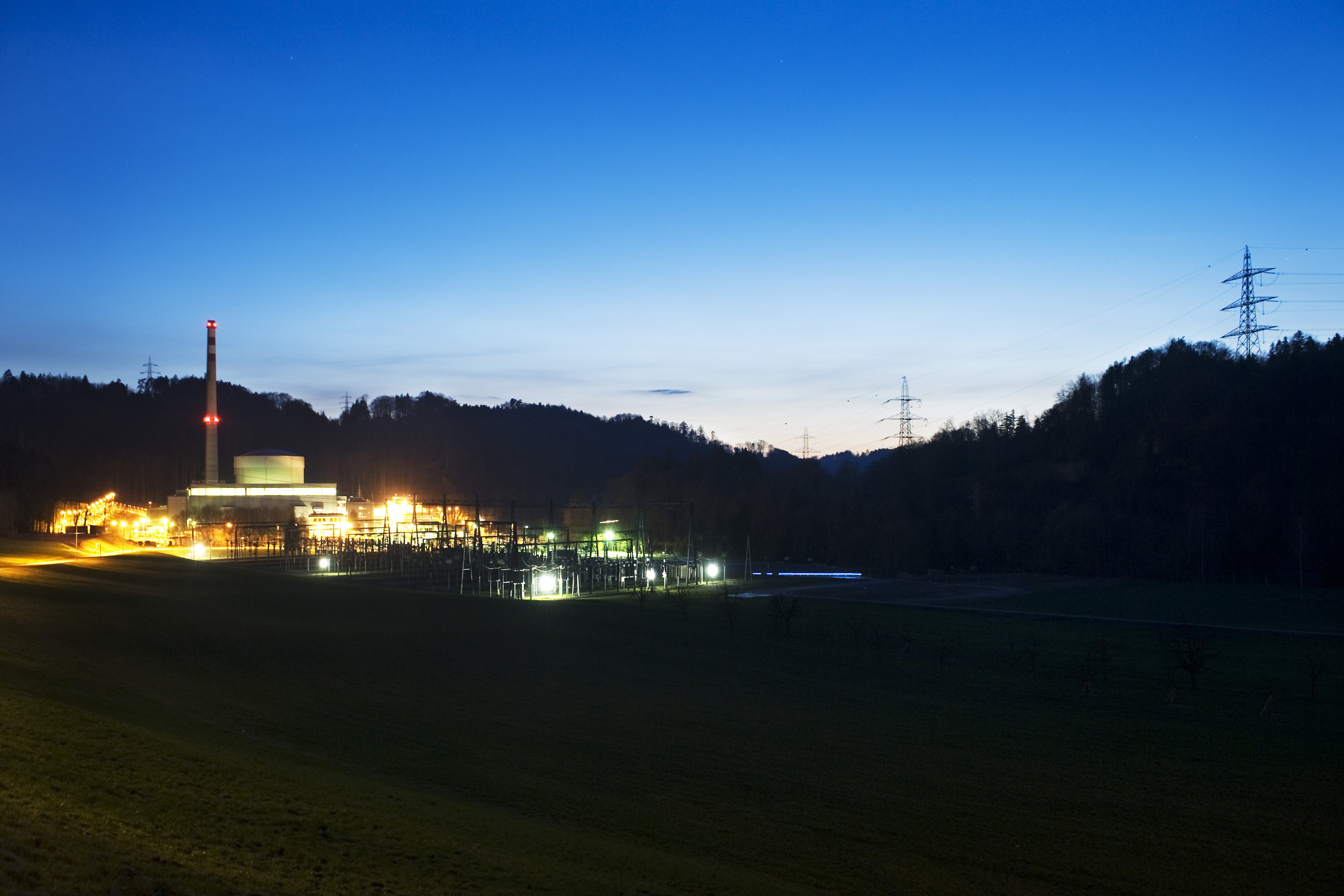
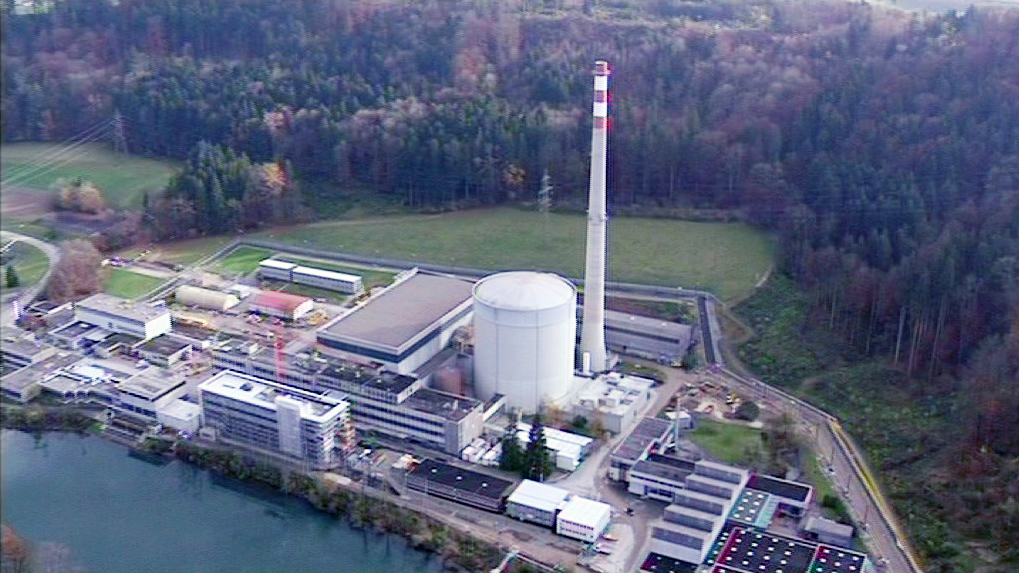
You can find an overview of ongoing debates with our journalists here. Please join us!
If you want to start a conversation about a topic raised in this article or want to report factual errors, email us at english@swissinfo.ch.